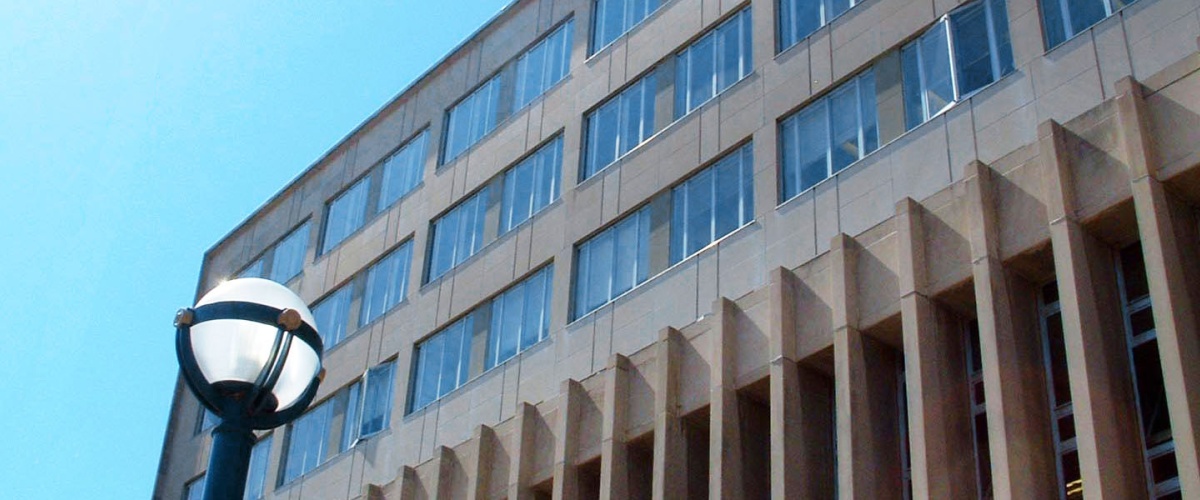
TOD Goes to Plan Commission, Family Definition Changes
postedHi Everyone,
Here are this week's updates:
Transit-Oriented Development Overlay District
At last week's Transportation Policy and Planning Board (TPPB) meeting, the recommendation was made to amend the TOD proposal to include both local and national registered historic districts. To learn more about the implications for this, please read the plannning staff memo and an update from the city's Historic Preservation Planner Heather Bailey.
The matter will be on the agenda for tonight's Plan Commission meeting, which starts at 5:30 pm. Important information regarding how to listen to or watch and participate in this meeting:
- WRITTEN COMMENTS: You can send comments on agenda items to pccomments@cityofmadison.com. Comments received after 3:00 p.m. on the day of the meeting may not be added to the public record until after the meeting.
- REGISTER BUT DO NOT SPEAK: You can register your support, opposition, or neither support or opposition to an agenda item without speaking at https://www.cityofmadison.com/MeetingRegistration.
- REGISTER TO SPEAK or TO ANSWER QUESTIONS: If you wish to speak to an agenda item at the virtual meeting in support, opposition, or neither support or opposition, you MUST register. You can register at https://www.cityofmadison.com/MeetingRegistration. When you register to speak OR answer questions, you will be prompted to provide contact information so that you can be sent an email with the information you will need to join the virtual meeting.
- WATCH THE MEETING: You can listen to or watch the Plan Commission meeting in several ways: Livestream on the Madison City Channel website: https://media.cityofmadison.com/mediasite/showcase Livestream on the City of Madison YouTube Channel: https://www.youtube.com/user/CityofMadison Television: Watch live on Charter Digital 994 and AT&T U-Verse 99 Listen to audio via phone: (877) 853- 5257 (Toll Free) | Webinar ID: 840 8568 699
Family Definition Changes
Our current zoning code restricts the number of people who can live in an apartment or house together in Madison based on:
- Zoning district
- Whether they are renters or homeowners, and
- Whether they are related to one another.
Currently, in a non-owner-occupied housing unit in parts of our city, including some neighborhoods in District 13, the number of unrelated adults allowed to reside in the unit is limited to two. In these same areas, owner-occupied housing units can house up to five unrelated individuals. These zoning districts are primarily lower density districts with single family houses. Other zoning districts allow a maximum of five unrelated individuals, thus our current zoning restrictions are inherently inequitable.
In all areas where housing is allowed, if the residents in a household are all related to one another, there is no limit on the number of related residents, other than the safety-related limits in building code and minimum housing and property maintenance code.
What is proposed to change?
An upcoming proposed zoning change would:
- Allow up to five unrelated adults and their dependents in a housing unit in all zoning districts that allow housing.
- Keep the current standard of allowing an unlimited number of related individuals (e.g., multi-generational families are allowed to live together).
- Remove the distinction between owner-occupied households and renter-occupied households.
- Allow two unrelated families with dependents to live together as one household (e.g., an unmarried couple with their respective children).
- Remove the distinction between some zoning districts and others by creating the same occupancy standard for all zoning districts that allow housing.
Why Change Things Now?
The original intent of the family definition was to protect single family neighborhoods from college student renter households. Madison has changed substantially since the number of unrelated individuals in rental housing was restricted in 1966.
- In the past 20 years, thousands of amenity-rich student-oriented rentals have been built close to UW's campus. That trend is continuing.
- At same time, the City's population has risen faster than enrollment at UW-Madison. Standardizing the ability of unrelated individuals to live with one another across the City would allow for better utilization of existing housing stock.
- There are processes in place for managing noise complaints and property negligence. The zoning restrictions prevent many well-behaved students, and many unrelated non-students from living together in what are usually more economically reasonable situations. Given the high price of housing, it is particularly important to reduce barriers to rent burden.
You are invited to join a Public Information Meeting regarding this topic on Monday, December 19 at 7pm to hear a presentation, and join in Q & A. The meeting will be virtual. Please register in advance.
That's all for now.
Take care and stay safe,
Tag
